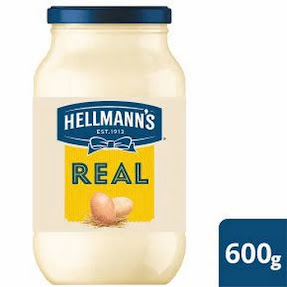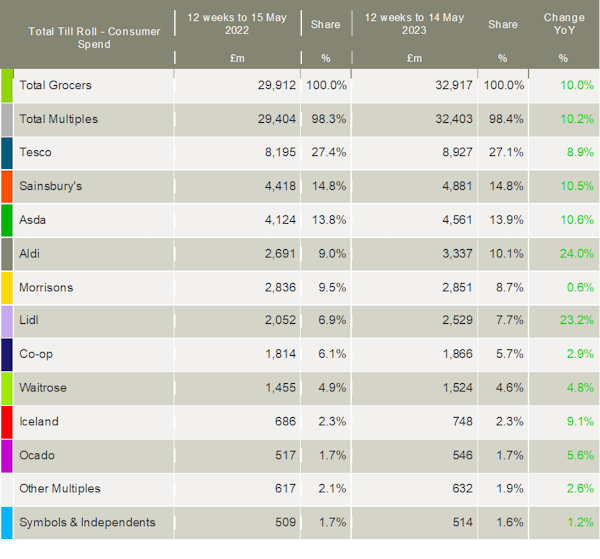Aldi has today opened its 1,000th store in the UK, nearly 33 years after opening its first in Stechford, Birmingham.
Announcing the opening of the milestone outlet in Woking, Surrey, the discounter committed to a new long-term target of 1,500 stores in the UK, with a pledge to invest billions of pounds in the economy.
Aldi is now the country’s fourth biggest grocery retailer, with one in every ten pounds spent in UK supermarkets going through its tills. It is also the fastest-growing supermarket, with its low-price mantra helping it attract even more customers during the cost of living crisis.
Aldi is on track to open another 20 new stores before the end of the year as part of a £1.3bn two-year investment plan.
The retailer stated that it was on the hunt for more locations across the UK to support its bid to open another 500 stores to reach its target of 1,500.
Aldi UK and Ireland CEO, Giles Hurley, commented: “Opening our 1,000th store is a huge milestone and wouldn’t have been possible without the hard work and dedication of our 40,000 incredible colleagues.
“Our popularity is growing, and there is huge demand for people to have an Aldi store near to them to increase shoppers’ access to our unbeatable prices.
“The next phase of our expansion will involve another 500 new stores over the coming years. It is a long-term target and is not a ceiling to our ambition to have an Aldi store close to everyone in the UK.”
NamNews Implications:
- About time to include Aldi in your major customer portfolio, somehow…?
- (Just assume a 50% increase in store numbers adds an equivalent amount to their UK market share)
- Need any more inducement?

.jpg)






